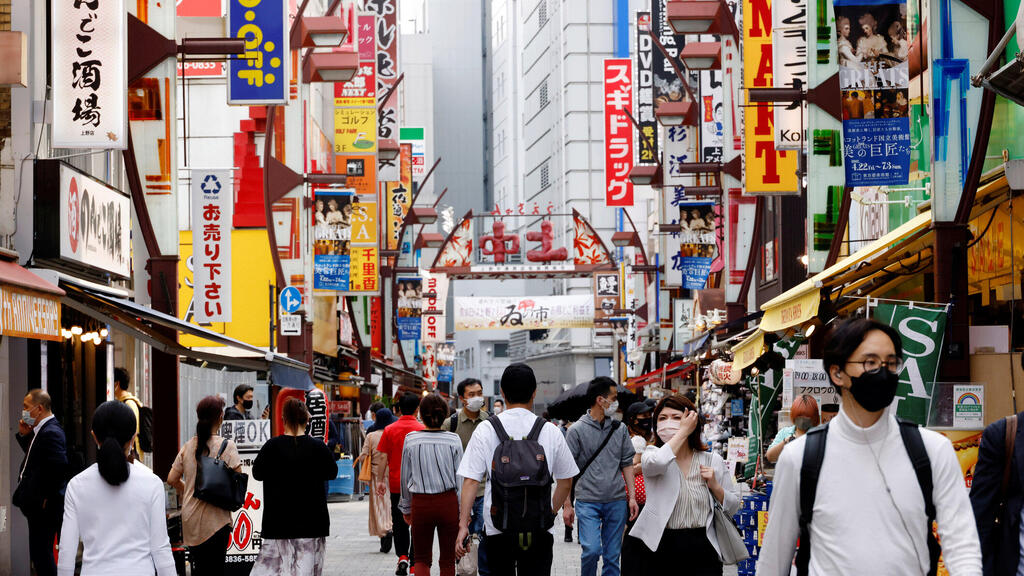
Japanese investments in Israel fall by almost 50% in 2022
Investments in Israel by Japanese funds and companies totaled $1.558 billion in 2022 compared to $2.945 billion in 2021
The drop in investments in Israeli high-tech in 2022 was not just the result of U.S. and European investors reducing their funding. According to a study conducted by the advisory company Harel-Hertz Investment House, Japanese investments in Israel also fell dramatically last year, amounting to $1.558 billion, a significant decrease from the peak investments in 2021 which reached $2.945 billion.
Nevertheless, last year’s investment is still $500 million higher than Japan’s total investment in 2020.
Japan’s investments make up, despite the decline, 12.8% of all foreign investments and 10% of the total investment in Israeli high-tech (compared to 15.8% and 12% in 2021).
The decline in investments is believed to be due to the war in Ukraine and the rise in the price of raw materials, as well as the continued impact of the pandemic, and the collapse of the supply chain and shipping, which has added to negative sentiment in the industry and in the financial markets in Japan.
The dramatic devaluation of the yen against the major currencies in general and against the dollar in particular – a devaluation of about 40% during 2022 – also reduced motivation for overseas investment and encouraged an increase in domestic investment in Japan.
The number of Japanese investments decreased more moderately, which amounted to 67 investments compared to 93 investments in the previous year – a decline of 28%. This moderate decline in investment can be explained by a transition to the early stages (Seed and A).
Of the 67 investments, 42 were initial investments in new companies and 25 were follow-on investments.
Another characteristic of Japanese investment is the prominent component of strategic investments. About half of the investments were made by industrial companies seeking to develop shared technologies and achieve future advantages over their competitors with the help of Israeli entrepreneurship.
The investment classification is also characterized by the transition to new industries, there has been a significant increase in the cleantech, agritech, and foodtech industries. In the traditional industries, too, there are changes, with a decline in cyber and semiconductors, and stability in the field of life sciences.
The activity of the Japanese-Israeli funds is particularly impressive. Almost all of the funds raised new funds or set up follow-up funds (Sumitomo, Marubeni, Corundum), the most prominent of which is Liquidity Capital, which, itself raised about $2 billion, but since the activity of this fund is not necessarily in Israel (the US, Gulf States, Singapore) this was not included in the local statistics.
Harel-Hertz expects investment recovery in the coming year, mainly in light of the initial and significant interest in Israeli security and defense technologies. Cooperation in this field will be a step up in bilateral relations, as investments will be directed to mature industries (and not just startups), and therefore to investments in large amounts and long-term collaborations.
Another development that may accelerate investment and economic cooperation is the mutual willingness to enter into discussions about a free trade agreement (FTA) and upgrade the double taxation avoidance treaty.















